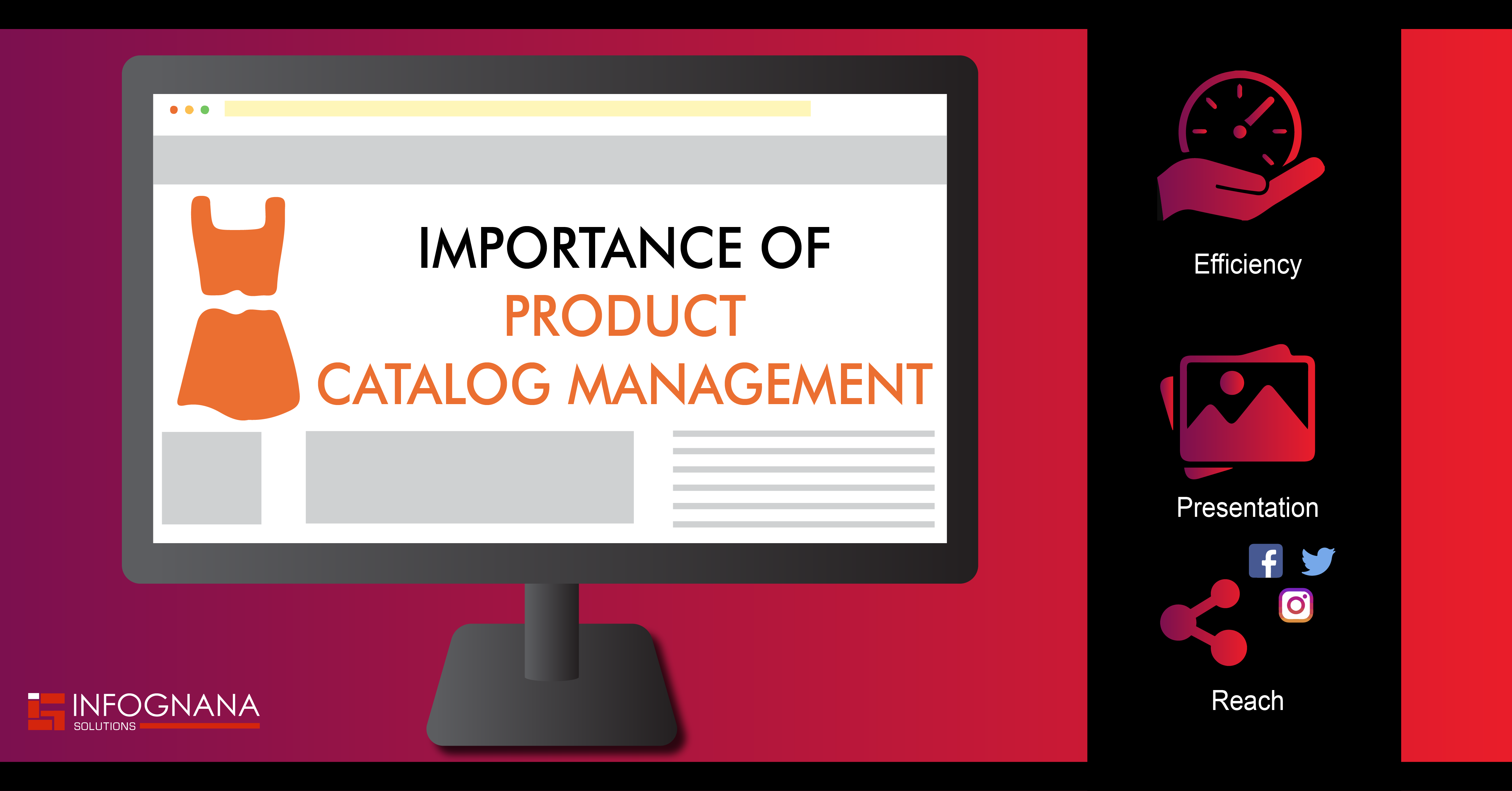Introduction
The pharmaceutical industry is a dynamic and highly regulated sector with the potential for significant rewards, but also substantial challenges. Whether you’re already a player in the field or considering entering this complex space, this blog is your strategic guide to harnessing the opportunities and addressing the intricacies of the pharmaceutical industry for your business.
- Market Research: Knowing Your Landscape
Before diving into the pharmaceutical business, it’s crucial to comprehend the market landscape. Consider these key factors:
- Demographics and Disease Prevalence: Identify your target audience and the diseases or health conditions they are dealing with.
- Competitor Analysis: Thoroughly assess your competitors, their products, and their market strategies.
- Regulatory Environment: Understand the local and global regulations governing pharmaceuticals in your target markets.
- Regulatory Compliance: The Pillar of Trust
Pharmaceuticals are among the most heavily regulated products globally. Compliance is non-negotiable, and your business’s reputation depends on it:
- Licensing and Approvals: Ensure that you have all the necessary licenses and approvals to operate legally.
- Quality Assurance: Implement strict quality control measures to meet regulatory standards.
- Intellectual Property Protection: Safeguard your research investments with patents and intellectual property rights.
- Research and Development: The Innovation Imperative
Innovation drives the pharmaceutical industry. To stay competitive and relevant, invest in research and development:
- Clinical Trials: Conduct rigorous clinical trials to validate the efficacy and safety of your pharmaceutical products.
- New Formulations: Constantly explore new drug formulations, delivery methods, and therapies.
- Collaboration: Consider strategic partnerships with research institutions, universities, or other pharmaceutical companies to tap into collective expertise and resources.
- Efficient Supply Chain Management
The pharmaceutical supply chain is intricate and global. Efficient operations can lead to substantial cost savings:
- Inventory Optimization: Minimize excess inventory to reduce waste and carrying costs.
- Global Sourcing: Explore international suppliers for cost-effective raw materials.
- Distribution Excellence: Build an efficient distribution network to ensure timely product deliveries.
- Marketing and Branding: Communicating Trust
Effective marketing can set your pharmaceutical business apart and establish trust:
- Educational Marketing: Provide healthcare professionals and consumers with valuable information about your products.
- Branding: Develop a strong, trustworthy brand image that resonates with healthcare providers and patients.
- Digital Outreach: Leverage online platforms and social media for a broader reach and awareness.
- Sales and Distribution
How your products reach consumers is vital. Consider these sales and distribution strategies:
- Sales Team: Assemble a skilled sales team with deep knowledge of pharmaceuticals.
- Distribution Network: Foster strong relationships with distributors, pharmacies, and healthcare facilities.
- Pricing Strategy: Develop a pricing strategy that balances affordability with profitability.
- Compliance and Ethics: The Cornerstones of Trust
Pharmaceutical businesses must maintain ethical practices and unwavering compliance with legal and ethical standards:
- Adherence to Guidelines: Follow the principles of Good Manufacturing Practices (GMP) and other relevant standards.
- Data Security: Prioritize the security of sensitive patient data and intellectual property.
- Transparency: Uphold transparency in all your business dealings and relationships.
Conclusion
The pharmaceutical industry offers boundless opportunities for businesses, but it also presents unique challenges. Success in this sector requires an in-depth understanding of the market, a commitment to innovation, and a dedication to quality, compliance, and ethical practices. By following this strategic guide, your pharmaceutical business can navigate the industry’s complexities and thrive in the mission to provide essential healthcare solutions to the world. Remember, in the pharmaceutical industry, every step you take is a step toward better health and well-being for countless individuals.








